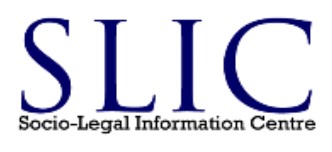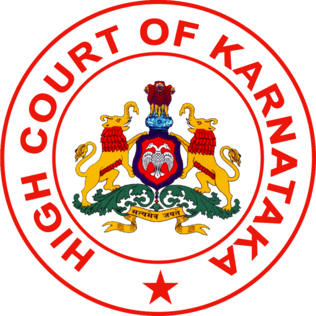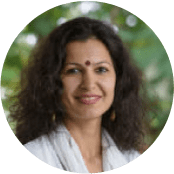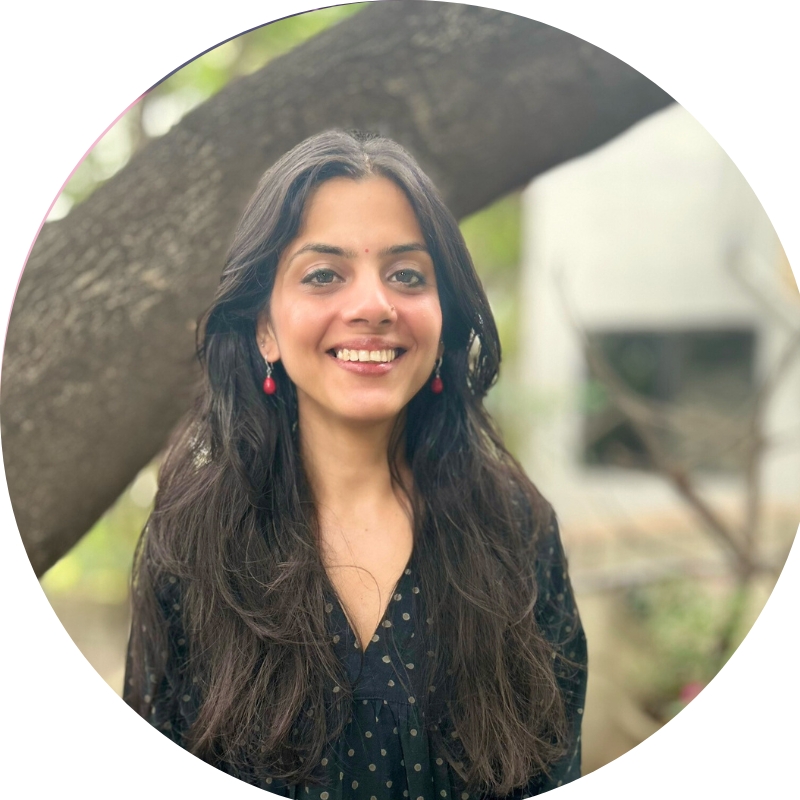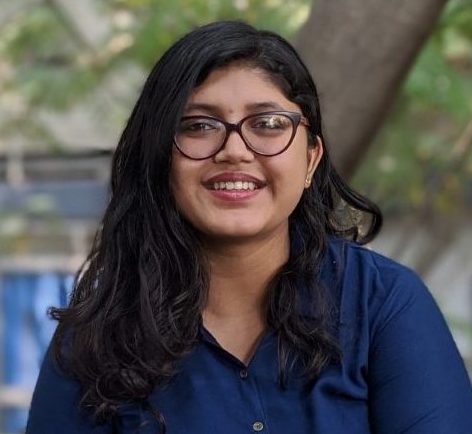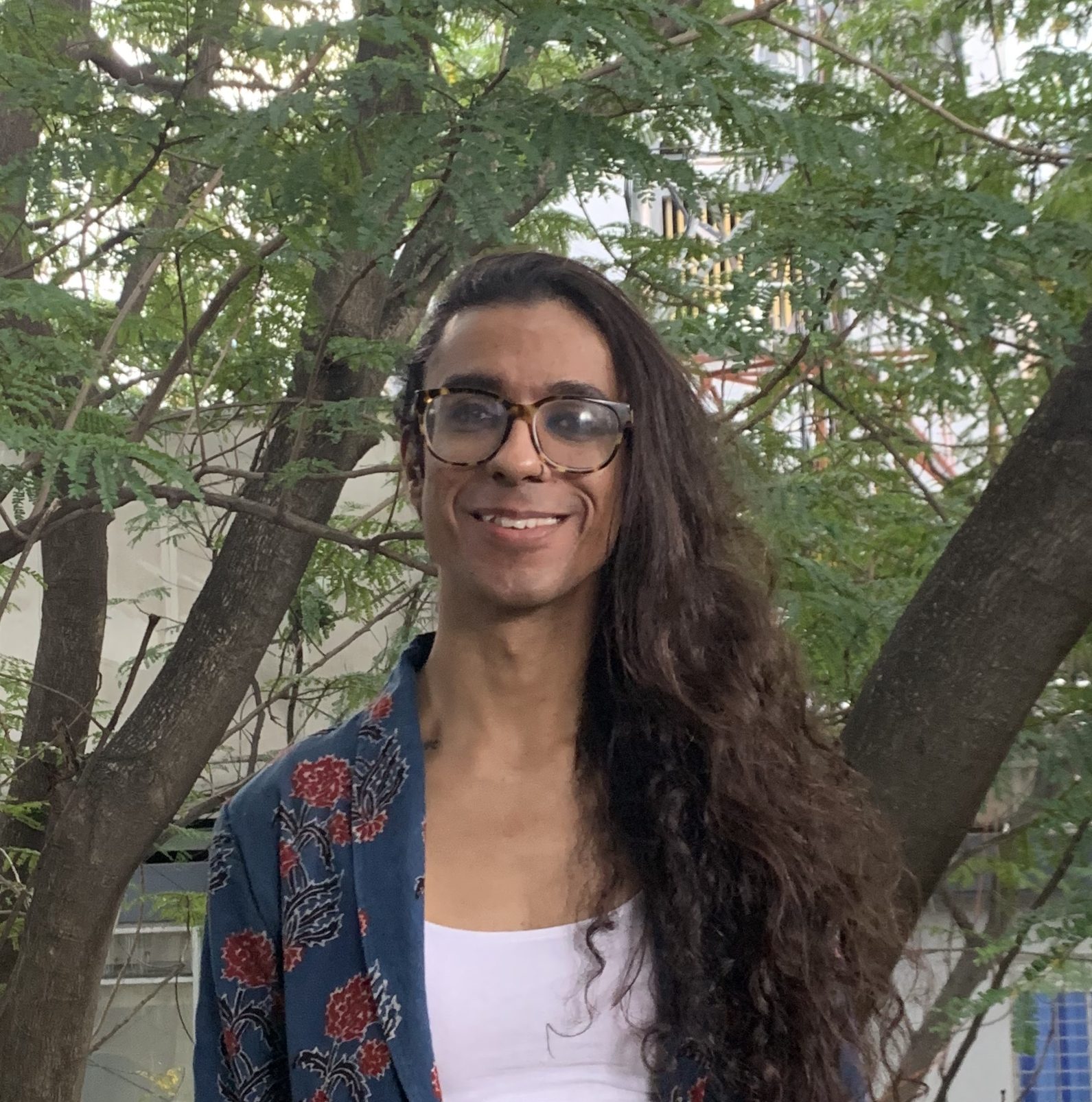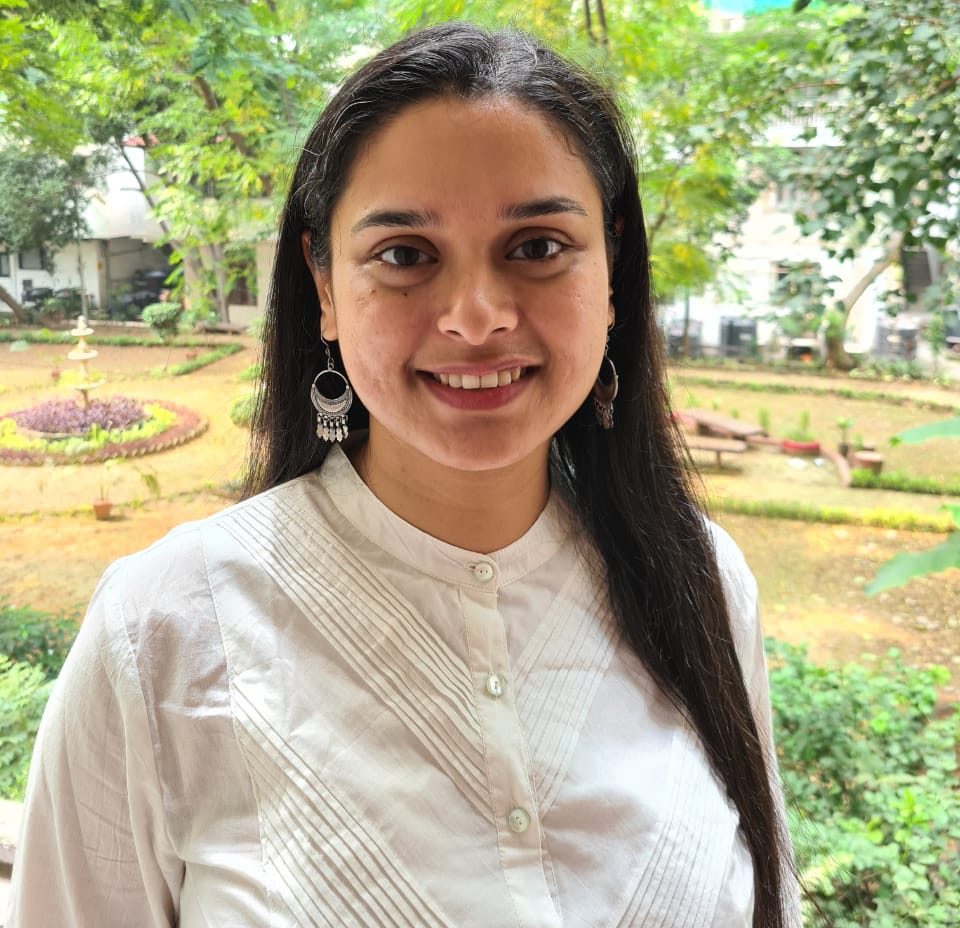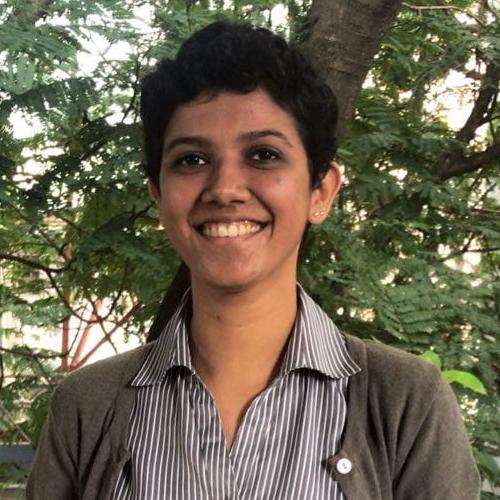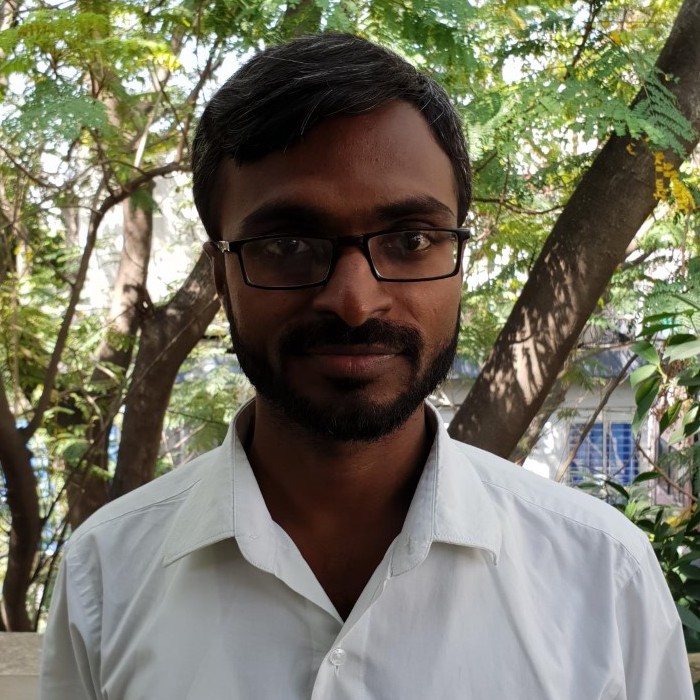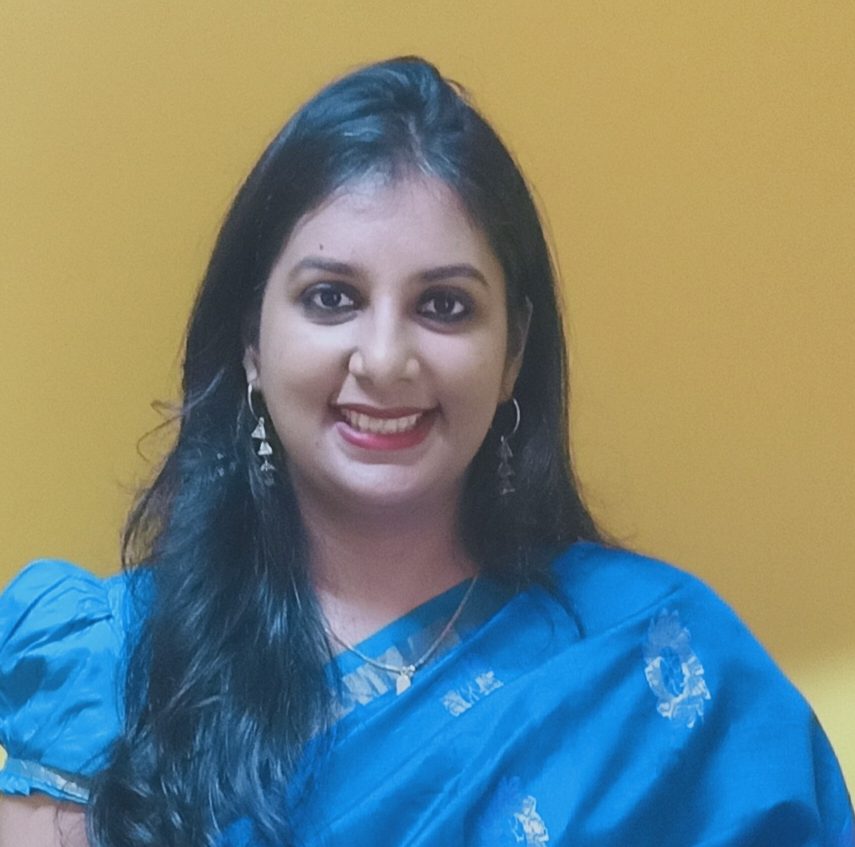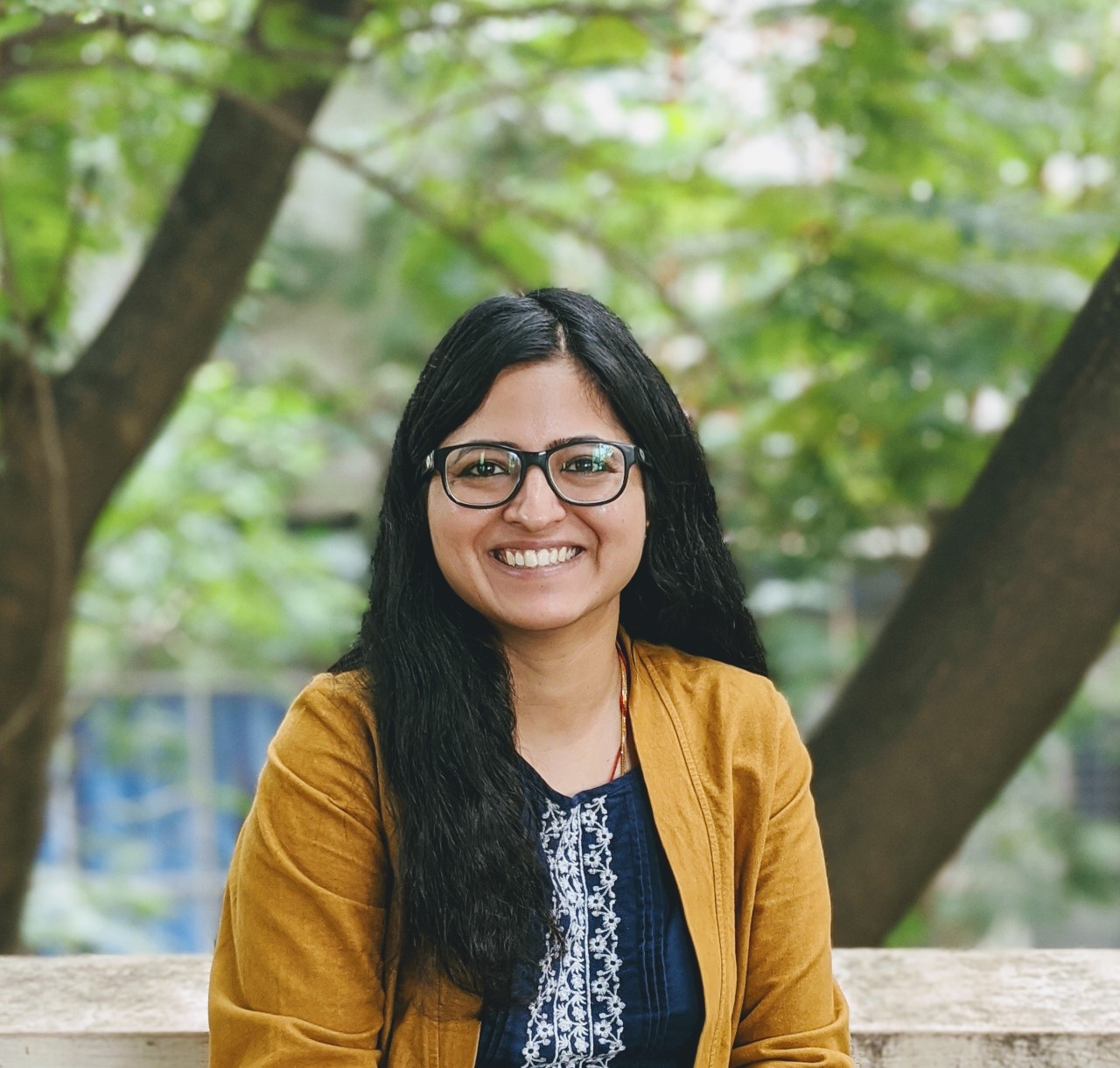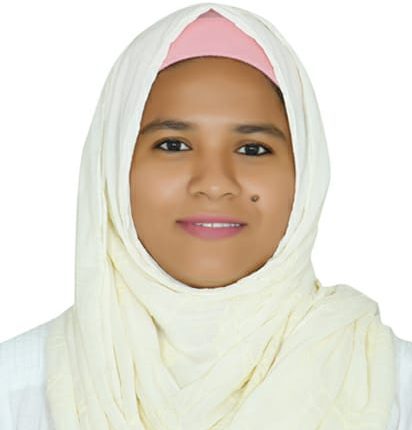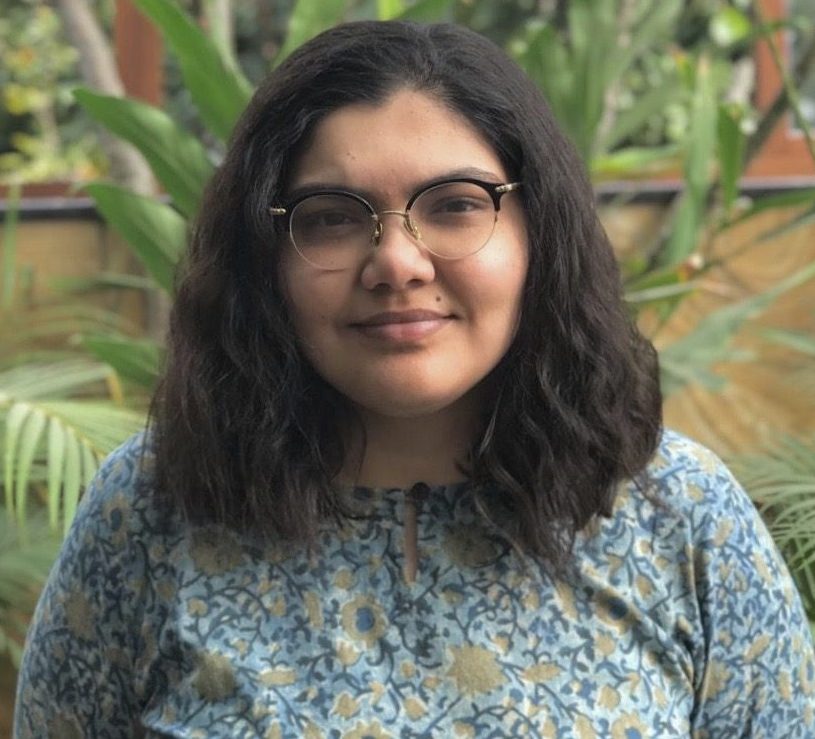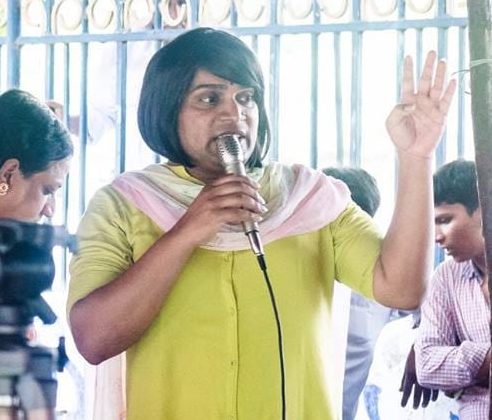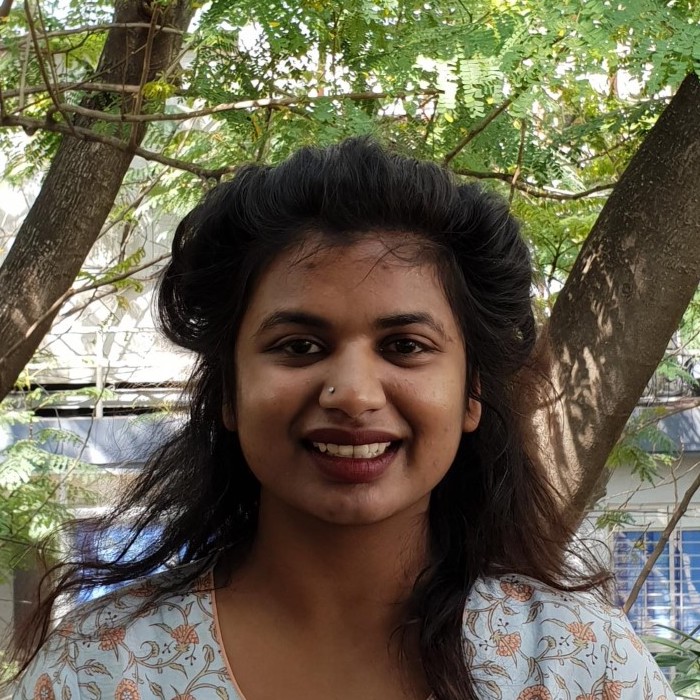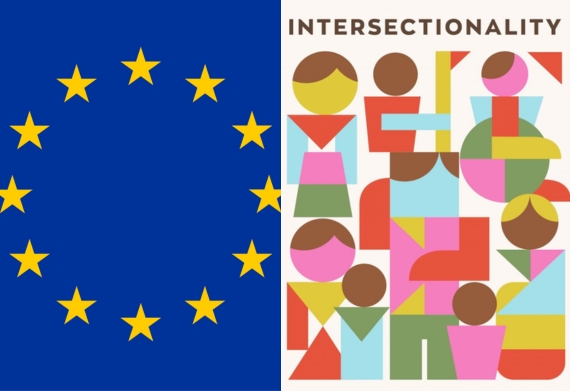
Tackling Caste Discrimination Effectively: At the Intersection with Disability, Gender, and Sexuality
About
The objective of this project was to better implement the laws relating to caste discrimination in India focusing on four Indian States of Karnataka, Tamil Nadu, Andhra Pradesh and Kerala with a focus on Dalit women, Dalit persons with disabilities and Dalit transgender persons and developing a legal recognition for discrimination which affects Dalit women, Dalit persons with disabilities and Dalit transgender persons.
The key interventions under this project included:
A new equality law that recognizes caste discrimination and intersectionality of gender, disability and sexuality is ready for introduction into the legislative process and a new curriculum for a course on intersectional equality exists and is introduced in law schools.
- Strategic Litigation for implementation of the existing law relating to caste discrimination that pays special attention to its intersectional context.
- Improved access to justice for marginalized communities by capacity building through lawyer networks and encouraging new civil society coalitions around intersectionality, which leads to reduction of caste discrimination.
The project was designed to have a direct impact on 6 target groups:
- Lawyers in the 4 Target States of Karnataka, Tamil Nadu, Andhra Pradesh and Kerala
- Judges from the High Courts and Lower Judiciary in the 4 Target States of Karnataka, Tamil Nadu, Andhra Pradesh and Kerala
- CSOs working in the field of caste, gender, disability and transgender rights in each of the 4 Target States of Karnataka, Tamil Nadu, Andhra Pradesh and Kerala
- Elected Members of the State Legislature in the 4 Target States of Karnataka, Tamil Nadu, Andhra Pradesh and Kerala
- Government Officials in the 4 Target States of Karnataka, Tamil Nadu, Andhra Pradesh and Kerala
- Students through a rigorous and comprehensive curriculum for understanding how caste marginalization affects the operation of law
Target Beneficiaries of the Project:
Persons from marginalized communities, i.e. Dalit persons which includes Dalit women, Dalit persons with disabilities and Dalit transgender persons nationally as well as marginalized communities in other Indian states whose lives are ultimately be affected by the project interventions and activities.
Key Stakeholders:
The key stakeholders and partners in this project included CSOs working on caste, gender, disability and sexuality in Karnataka, Andhra Pradesh, Tamil Nadu and Kerala. Through this project, we also collaborated with lawyers, bar associations and judges at a national level who are active change makers. Our primary stakeholders were the members of marginalized groups facing caste- based violence and discrimination and other intersectional forms of discrimination who inform the advocacy, litigation and coalition efforts.
Publications
Recent Updates
Workshop for CSOs in Tamil Nadu on PEMSRA, 2013
September 28, 2021
On 19th September 2021, the Centre for Law and Policy Research (CLPR) conducted a workshop for Civil Society Organisations (CSOs) from Tamil Nadu on Prohibition of Employment as Manual Scavengers and their Rehabilitation Act (PEMSRA) 2013 and the Rules. Read more here
Workshop for CSOs in Kerala on the SC/ST (Prevention of Atrocities) Act, 1989
September 25, 2021
Centre for Law and Policy Research(CLPR) organised a legal training workshop for Civil Society Organisations (CSOs) in Kerala on the Scheduled Castes and Scheduled Tribes (Prevention of Atrocities) Act, 1989 on 18th September, 2021. Read more here
Workshop for Lawyers in Telangana on PEMSRA, 2013
September 20, 2021
On 11th September 2021, the Centre for Law and Policy Research (CLPR) organised a legal training workshop for lawyers in Telangana on the Prohibition of Employment as Manual Scavengers and their Rehabilitation Act, 2013 (“PEMSRA”). Read more here
Workshop for Lawyers in Kerala on the SC/ST (Prevention of Atrocities) Act, 1989
September 15, 2021
On 4th September 2021, CLPR conducted a workshop for lawyers in Kerala on The Scheduled Castes and Scheduled Tribes (Prevention of Atrocities) Act, 1989 (“PoA Act”), and the Rules. The workshop consisted of two sessions – the first focused on the overview of the statute and the Rules and the second focused on the implementation of the Act. Read more here
Workshop in Telangana on the SC/ST (Prevention of Atrocities) Act, 1989
August 13, 2021
On 31st July 2021, CLPR conducted a workshop for civil society organisations in Telangana... Read more here
Lawyers’ Workshop on The Scheduled Castes and Scheduled Tribes (Prevention of Atrocities) Act, 1989
July 16, 2021
On 3rd July 2021, the Centre for Law and Policy Research conducted a workshop for lawyers from Tamil Nadu on The Scheduled Castes and Scheduled Tribes (Prevention of Atrocities) Act, 1989 (“PoA Act”), and the Rules, under this Act. Read more here
Tackling Caste Discrimination: Understanding the ‘Prohibition of Employment as Manual Scavengers and their Rehabilitation Act, 2013′
March 3, 2021
On 27 February 2021, the Centre for Law and Policy Research in collaboration with Thamate –... Read more here
Making the Scheduled Castes and Scheduled Tribes (Prevention of Atrocities) Act, 1989 Work | Bangalore Discussions
January 28, 2021
On 23rd January 2021, CLPR organized a workshop titled “Making the Scheduled Castes and Scheduled Tribes... Read more here
The CLPR Equality Fellowship: Announcing New Equality Fellows
January 8, 2021
We are excited to announce the joining of two Equality Fellows: Shahenaz Begum and Priyanka S Bhat. Read more here
Intersectional Nature of Discrimination- the Case of Koraga Tribe
September 21, 2020
This post will focus on the Koraga Tribe in Karnataka and Kerala, and the intersectional nature of the discrimination they face. While the Koragas are classified as a Particularly Vulnerable Tribal Group (PVTG), their population continues to dwindle and they remain in abject poverty. Read more here
Tackling Caste Discrimination Through Law: Ernakulam Dialogues
March 3, 2020
On 28th February 2020, CLPR organized a workshop for civil society organisations on ‘Tackling Caste Discrimination through Law’ in Ernakulam in association with the Human Rights Law Network (HRLN). The day was divided into two sessions, - (i) An introduction to the Scheduled Castes and Scheduled Tribes (Prevention of Atrocities) Act, 1989 (PoA Act) and the Protection of Civil Rights Act 1955 (PCRA) and (ii) group activity. Read more here
Tackling Caste Discrimination Through Law: Lawyer Learning Session at Ernakulam
February 18, 2020
On 18 January 2020, CLPR organised a Learning Session for Lawyers on ‘Tackling Caste Discrimination Through Law’ in Ernakulam in association with the Kerala High Court Advocates’ Association. The workshop aimed at enabling and facilitating a better understanding of caste discrimination laws such as the Scheduled Castes and Scheduled Tribes (Prevention of Atrocities) Act, 1989, The Protection of Civil Rights Act, and 1955, Prohibition of Employment as Manual Scavengers and their Rehabilitation Act, 2013 (PEMSRA) as well as Equality Bill, 2020. Read more here
Tackling Caste Discrimination through Law: Hyderabad Conversations
January 31, 2020
On 27th January 2020, CLPR organized a workshop titled ‘Tackling caste discrimination through Law’, for activists, NGO representatives, and CSO representatives. The workshop aimed at enabling and facilitating a better understanding of caste discrimination laws such as the Scheduled Castes and Scheduled Tribes (Prevention of Atrocities) Act, 1989, The Protection of Civil Rights Act, 1955, The Prohibition of Employment as Manual Scavengers and their Rehabilitation Act, 2013 and The Andhra Pradesh Devadasis (Prevention of Dedication) Act, 1982. Read more here
Tackling Caste Discrimination Through the Law-Madurai Talks Among CSOs
January 28, 2020
On 10th January, 2020, CLPR organised “Tackling Caste Discrimination Through the Law”, a training workshop for civil society organisations and activists working on issues of caste discrimination in various parts of Tamil Nadu. Read more here
Introducing Intersectionality | Course
January 9, 2020
The course uses academic writing, legal texts, commentaries, personal narratives, fiction and cultural texts to understand how intersectionality affects our study of the law, advocacy, and activism; how the law, legal studies and legal practice is transformed by intersectionality; and how intersectionality challenges, resists, and reimagines legal normativity. Read more here
Tackling Caste Discrimination through law – Lawyer’s learning session for better Law
December 26, 2019
On 30 November, 2019, we hosted ‘Tackling caste discrimination through law’, a lawyers’ learning session in collaboration with the Advocates Association, Bangalore at the Karnataka High Court (see the full agenda here) The workshop aimed at enabling and facilitating learning of caste discrimination laws such as the Schedule Castes and Scheduled Tribes (Prevention of Atrocities) Act, 1989, The Protection of Civil Rights Act, 1955, The Prohibition of Employment as Manual Scavengers and their Rehabilitation Act, 2013 and the Karnataka Devadasis (Prohibition of Dedication) Act, 1982. Read more here
CLPR releases report of study on Intersectional Discrimination
August 8, 2019
As part of its work on equality and non-discrimination, CLPR conducted a study on experiences of intersectional discrimination in South India between May – November, 2018. The objective of the study was to understand the relationship between different intersecting identities and various sites of discrimination such as educational institutions, workplaces, police stations, and public transport. Read more here
An Overview of the Equality Bill, 2019
July 19, 2019
– Aadhirai S, Deekshitha Ganesan and Jayna Kothari India has a robust Constitution and... Read more here
Equality Bill 2019 | May 15th Consultation
June 11, 2019
On 15th May, we organised a consultation on our Equality Bill 2019 (“Bill”) in Hyderabad. The CLPR team presented the provisions of the Bill and sought suggestions, inputs and feedback from the participants, which included various academics and members of civil society organisations working with marginalised groups. This blog post presents the key points of the consultation. Read more here
Implementation of Legislation Addressing Gender Injustice in Andhra Pradesh, Pt 1: POCSO Act
March 27, 2019
We analyse the implementation of the Protection of Children from Sexual Offences (POCSO) Act, 2012 in Andhra Pradesh. We perform both a quantitative and qualitative analysis. It is the first post in a three-part series on legislation addressing gender injustices in the State. Read more here
Implementation of Legislation Addressing Gender Injustice in Tamil Nadu, Pt 3: POSH
March 19, 2019
We analyse the implementation of the POSH Act in Tamil Nadu. The Act aims to prevent the sexual harassment of women in the workplace. The Social Welfare Department of Tamil Nadu reports that only 1317 of the several lakh workplaces have established mandatory Internal Complaints Committees. Read more here
Implementation of Legislation Addressing Gender Injustice in Tamil Nadu, Pt 2: PCMA
March 18, 2019
Is the Prohibition of Child Marriage Act, 2006 (PCMA) being successfully implemented in Tamil Nadu? In 2009, the State framed rules regarding the monitoring and reporting of instances of child marriage by detailing the responsibilities of CMPOs and appointing ‘Panchayat Level Core Committees’ to assist CMPOs. Read more here
Implementation of Legislation Addressing Gender Injustice in Tamil Nadu, Pt 1: POCSO
March 16, 2019
We analyse the implementation of the POCSO Act in the State of Tamil Nadu. There appear to be various issues with its implementation in Tamil Nadu, such as the frequent use of the two-finger test by doctors examining the victims of sexual offences. The Supreme Court has established that the test violates the right to privacy, nevertheless it is frequently used in Tamil Nadu. Read more here
CLPR Equality Fellowship | Induction
February 18, 2019
From 18th February to 2nd March, we are conducting a two-week ‘Induction Programme’ for... Read more here
CLPR Equality Fellowship | Selection Weekend
January 9, 2019
On 12th and 13th January 2019 we will conduct interviews to select up to 6 Equality Fellows who will dedicate the next 2 years to the better implementation of equality and non-discrimination law in India. 13 talented candidates will appear before a 4 member panel of prominent activists and human rights advocates: Mihir Desai, Martin Macwan, Anindya Hajra and Jayna Kothari. Read more here
Call for Applications: The CLPR Equality Fellowship
November 2, 2018
We invite applications for The CLPR Equality Fellowship. The CLPR Equality Fellowship is a paid, two-year opportunity which will be awarded to 6 young lawyers keen to pursue the practice of public interest law on a full-time basis. Application Deadline: December 30, 2018, 5PM IST Read more here
Caste Discrimination in India: A study of NCRB data (Part IV)
November 2, 2018
The recent gruesome report of the beheading of a minor SC girl in Tamil Nadu for rejecting the advances of an upper caste male once again throws the issue of caste discrimination into sharp focus. Women from Scheduled Castes and Scheduled Tribes are particularly vulnerable to discrimination and violence due to the intersection caste and gender. Despite this, we note that crimes against SC and ST women are viewed as either caste based crimes or sex based crimes. Further, while data on caste based crimes is readily available in the NCRB reports, which we have analysed in our previous posts I, II and III, disaggregated data on crimes against women is not presented. Read more here
Caste Discrimination in South India: A study of NCRB data (Part III)
November 2, 2018
In this post, we explore how courts have performed in respect of crimes against Scheduled Castes and Scheduled Tribes. We will compare the data from Andhra Pradesh (AP), Karnataka, Kerala and Tamil Nadu (TN) with the national figures for 2016. Read more here
Caste Discrimination in South India: A study of NCRB data (Part II)
July 10, 2018
Having noted that the number of reported crimes against SCs and STs is high, the next stage of the criminal justice process that demands study is the response of the investigating agencies. While a few independent reports have surveyed the response of the police to crimes against SCs and STs, NCRB reports remain the only comprehensive source of such data at the national and state level. Read more here
Caste Discrimination in South India: A study of NCRB data
June 14, 2018
On 21 May 2018, The Wire reported the death of a Dalit man in Gujarat who was allegedly beaten to death when he protested the fact that his wife was asked to clean filth, free of charge. This reporting comes only two months after the decision of Subhash Kashinath Mahajan, where the Supreme Court diluted some of the protections under the Scheduled Castes and Scheduled Tribes (Prevention of Atrocities) Act, 1989 (‘Act’). The incident is a striking example of the pervasiveness of caste bias and the prevalence of atrocities in India. Read more here
Discrimination of caste, gender, sexuality and disability: a study in Kerala, Tamil Nadu, Karnataka and Andhra Pradesh
May 15, 2018
The effects of caste-based discrimination in India have been documented extensively. However, studies on the role caste plays for women, sexual minorities, and persons with disabilities have not found any voice. Read more here


